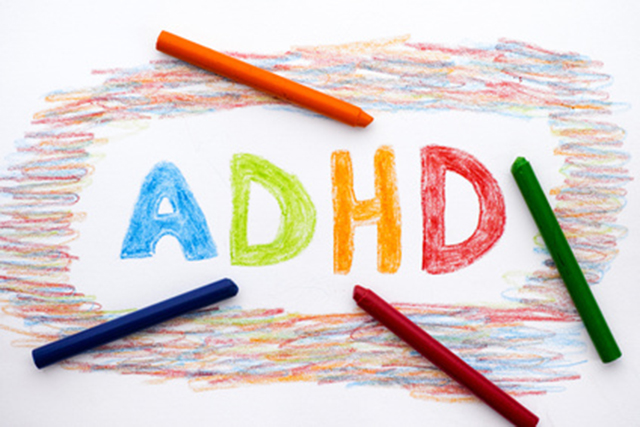New research from Cincinnati Children’s Hospital Medical Center shows that a common household pesticide is linked to ADHD in children and young teens.
The study found an association between pyrethroid pesticide exposure and ADHD, specifically with the hyperactivity and impulsivity aspects of ADHD.
Pyrethroids are common insecticides, which according to the Environmental Protection Agency (EPA) are “included in over 3,500 registered products, many of which are used widely in and around households, including on pets, in mosquito control, and in agriculture.”
Because of health concerns, the EPA banned the two most commonly used organophosphate pesticides from residential use. However, the ban led to an increased use of pyrethroid pesticides. They are the most commonly used insecticides for household use, and are even used in agriculture.
Pyrethroids have been generally considered as a safer choice because they are not as toxic as organophosphates.
“Given the growing use of pyrethroid pesticides and the perception that they may represent a safe alternative, our findings may be of considerable public health importance,” says Tanya Froehlich, MD, a developmental pediatrician at Cincinnati Children’s and the study’s corresponding author.
The researchers studied data from 687 children between ages 8-15. The data was from the 2000-2001 National Health and Nutrition Examination Survey (NHANES).
They found that boys with detectable urinary 3-PBA, a biomarker of exposure to pyrethroids, had a three times more likely to have ADHD than those without detectable 3-BPA. Urinary 3-PBA levels did not show the same results in girls.
“Our study assessed pyrethroid exposure using 3-PBA concentrations in a single urine sample,” says Dr. Froehlich. “Given that pyrethroids are non-persistent and rapidly metabolized, measurements over time would provide a more accurate assessment of typical exposure and are recommended in future studies before we can say definitively whether our results have public health ramifications.”
The study showing that a common household pesticide is linked to ADHD was published in the journal Environmental Health.
Note: None of the information in our website is intended to diagnose, treat, cure or prevent any illness or disease. The content on our website is for educational purposes only.
DON’T FORGET to sign up for our weekly newsletter to get our latest articles, updates, free recipes and giveaways.
Common pesticides attract bees and kill them.
Bee-friendly gardens may be killing our treasured bees.
WHO labels Monsanto’s glyphosate as possible carcinogen.
Roundup herbicide triggers antibiotic resistance.
REFERENCES:
1. “Study Links Exposure to Common Pesticide With ADHD in Boys.” Cincinnati Children’s Hospital Medical Center. Cincinnati Children’s Hospital Medical Center, 1 June 2015. Web. 08 June 2015.
2. “Association of Pyrethroid Pesticide Exposure with Attention-deficit/hyperactivity Disorder in a Nationally Representative Sample of U.S. Children.” Environmental Health. Environmental Health, 28 May 2015. Web. 08 June 2015.
3. “Pyrethroids and Pyrethrins.” EPA. Environmental Protection Agency, n.d. Web. 08 June 2015.
4. “NHANES 2001-2002.” NHANES. Centers for Disease Control and Prevention, n.d. Web. 08 June 2015.

















